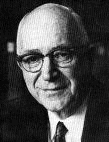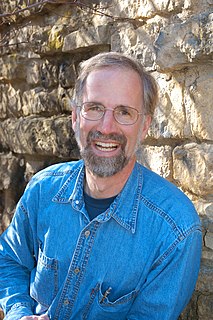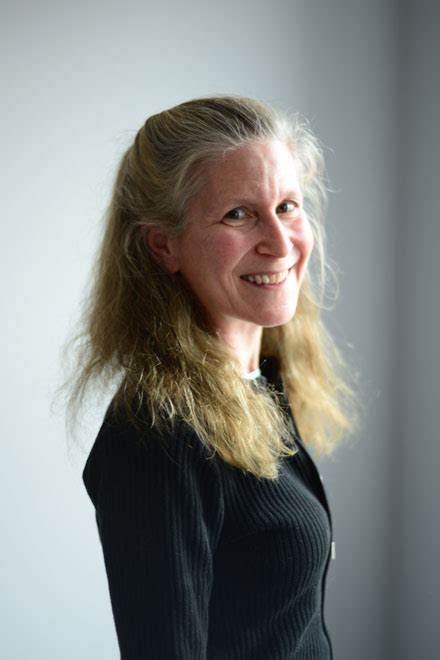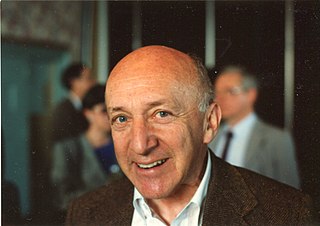A Quote by Susanne Katherina Langer
Philosophical questions are not by their nature insoluble. They are, indeed, radically different from scientific questions, because they concern the implications and other interrelations of ideas, not the order of physical events; their answers are interpretations instead of factual reports, and their function is to increase not our knowledge of nature, but our understanding of what we know.
Related Quotes
Quite early on, and certainly since I started writing, I found that philosophical questions occupied me more than any other kind. I hadn't really thought of them as being philosophical questions, but one rapidly comes to an understanding that philosophy's only really about two questions: 'What is true?' and 'What is good?'
Indeed, the only truly serious questions are ones that even a child can formulate. Only the most naive of questions are truly serious. They are the questions with no answers. A question with no answer is a barrier that cannot be breached. In other words, it is questions with no answers that set the limit of human possibilities, describe the boundaries of human existence.
Many of the questions we ask God can't be answered directly, not because God doesn't know the answers but because our questions don't make sense. As C.S. Lewis once pointed out, many of our questions are, from God's point of view, rather like someone asking, "Is yellow square or round?" or "How many hours are there is a mile?
Are our ways of teaching students to ask some questions always correlative with our ways of teaching them not to ask - indeed, to be unconscious of - others? Does the educational system exist in order to promulgate knowledge, or is its main function rather to universalize a society’s tacit agreement about what it has decided it does not and cannot know?
At a time when threats to the physical environment have never been greater, it may be tempting to believe that people need to be mounting the barricades rather than asking abstract questions about the human place in nature. Yet without confronting such questions, it will be hard to know which barricades to mount, and harder still to persuade large numbers of people to mount them with us. To protect the nature that is all around us, we must think long and hard about the nature we carry inside our heads.
In order to align your life choices with your values, you will need to inquire about the effects of your actions (and inactions) on yourself and others. Although we are always stumbling upon new knowledge that shifts our choices and life direction, bringing conscious inquiry to life means that we continually ask questions that lead us to the information we need to make thoughtful decisions. Asking questions is liberating because we develop great understanding and discover more choices with our new knowledge
Understanding human nature must be the basis of any real improvement in human life. Science has done wonders in mastering the laws of the physical world, but our own nature is much less understood, as yet, than the nature of stars and electrons. When science learns to understand human nature, it will be able to bring a happiness into our lives which machines and the physical sciences have failed to create.
Science asks no questions about the ontological pedigree or a priori character of a theory, but is content to judge it by its performance; and it is thus that a knowledge of nature, having all the certainty which the senses are competent to inspire, has been attained--a knowledge which maintains a strict neutrality toward all philosophical systems and concerns itself not with the genesis or a priori grounds of ideas.
Philosophy is to be studied, not for the sake of any definite answers to its questions, since no definite answers can, as a rule, be known to be true, but rather for the sake of the questions themselves; because these questions enlarge our conception of what is possible, enrich our intellectual imagination and diminish the dogmatic assurance which closes the mind against speculation; but above all because, through the greatness of the universe which philosophy contemplates, the mind is also rendered great, and becomes capable of that union with the universe which constitutes its highest good.
One of the big misapprehensions about mathematics that we perpetrate in our classrooms is that the teacher always seems to know the answer to any problem that is discussed. This gives students the idea that there is a book somewhere with all the right answers to all of the interesting questions, and that teachers know those answers. And if one could get hold of the book, one would have everything settled. That's so unlike the true nature of mathematics.








































